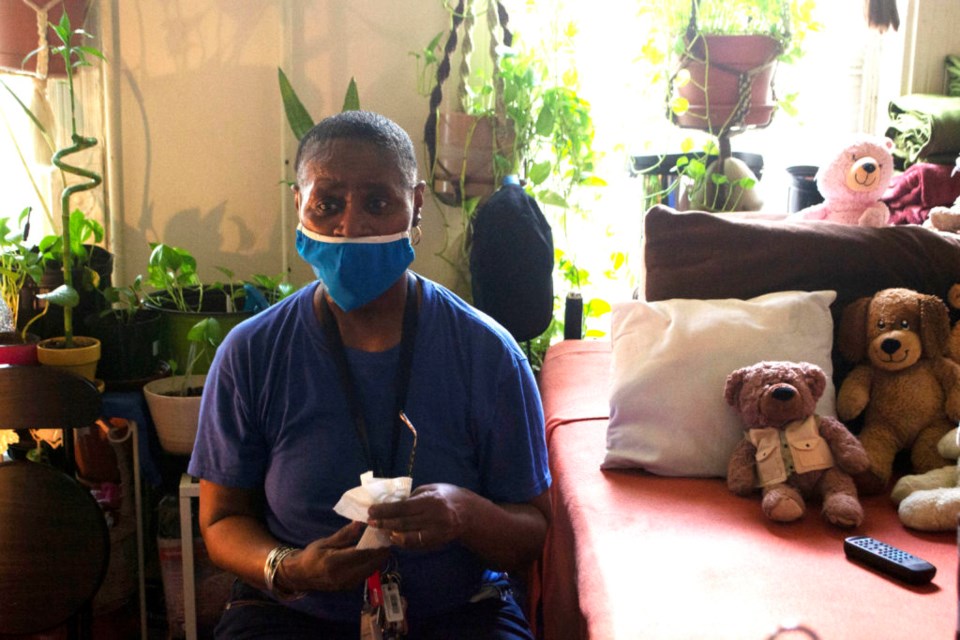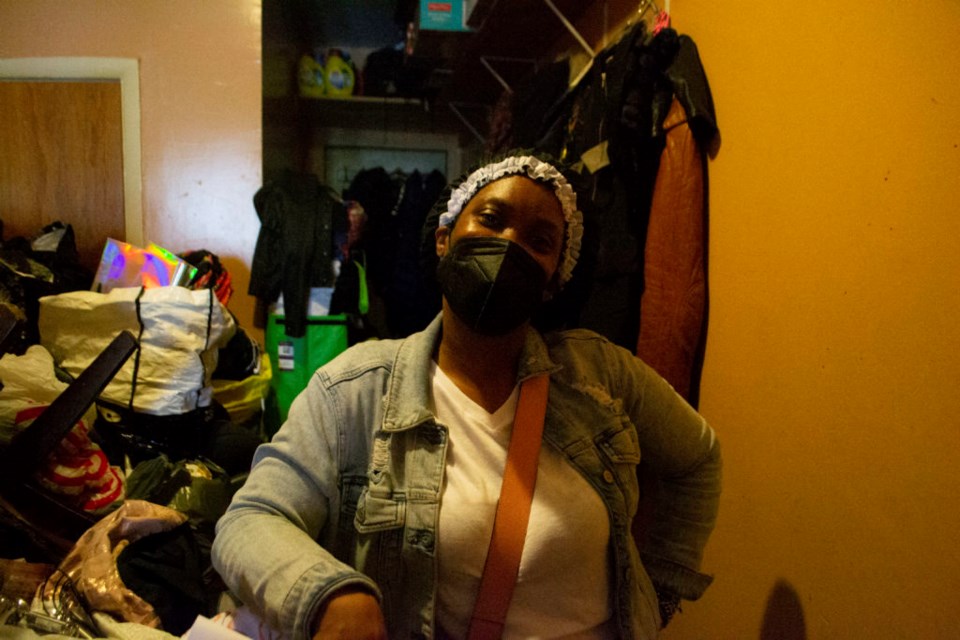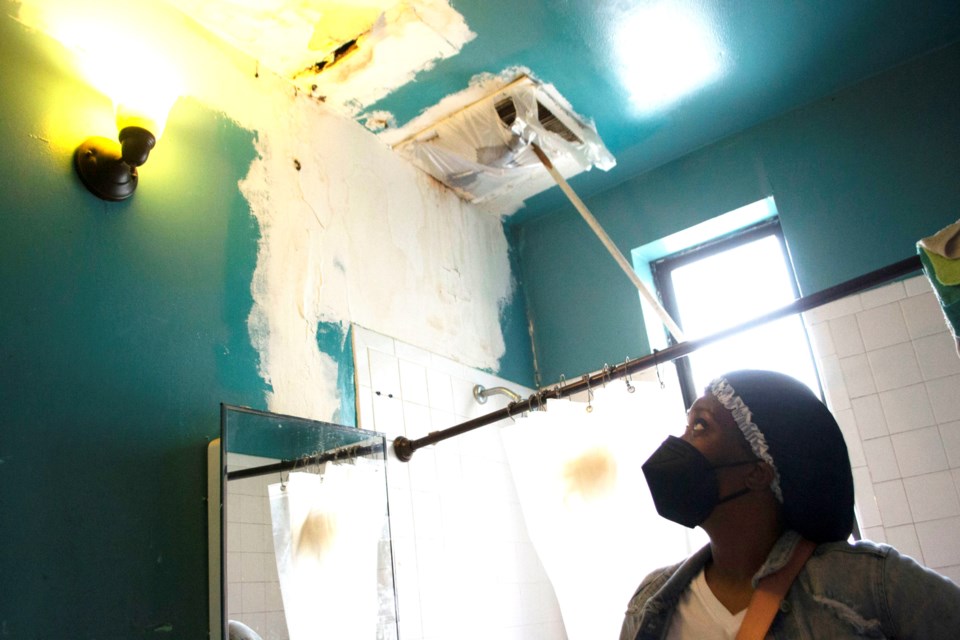This is the first in a 3-part series on property management in Brooklyn. This first installment takes a look at the experience of tenants. Part two will look at the experience from the perspective of the landlord.
New York is a renter's city. That’s not an opinion. It's a statement of fact.
In a country where a little more than one-third of the overall population rents their apartment or home, in New York City, renters make up a whopping 68.1% of the city's population.
So, that landlords might be a popular topic of conversation should come as no surprise, particularly in Brooklyn which, has led in population growth across the city since 2010.
Everybody wants to move to Brooklyn, and there are a number of reasons why: the diversity, the arts and culture scene, the amazing restaurants, the sports scene, the "cool" factor, the excellent public transportation, and its relatively close distance to Manhattan ... But what does it take to secure a decent domicile that is managed properly?
We spoke to a handful of residents across Brooklyn. And although finding housing obviously is doable (otherwise you wouldn't see the population numbers as they are). If you're not owning your property, you depend upon a property manager. For the $4-$6,000 per month luxury properties, you can imagine, the management is top-notch.
But what about for those who cannot afford a luxury building and who opt for something more affordable? For the regular Joe Schmoe just trying to survive in Brooklyn, what do you give up in exchange for cheaper rents? And is it worth it?
We spoke to a number of new and longtime residents about their experiences living as renters and co-op property shareholders in Brooklyn:
Everyone is a fan of cheap rent, right?
Joyce Webster is, at least. It's why she's lived in the same tiny, rent-stabilized apartment in Bedford-Stuyvesant since the 1980s.
But inexpensive living can come with a steep price by other means—her walk-up apartment building has seen its share of struggles:
New York City Department of Building records show 70 complaints about her building on Dean Street, for things like gas service interruptions, missing permits, including 34 violations—the majority of which are still active and some of which date back to the 1990s.

Webster says the building has been in poor condition for years, with utilities often not in working order, which often forces her to call 311 to get them turned back on. The building is under an Alternative Enforcement Program, allowing the city to fix issues and charge the property owner, and for years, Webster says she’s been the de facto super, with the city going through her to make repairs.
“It took so many years for this building to still be standing like it is today,” Webster said.
She said she didn’t always have a poor relationship with her landlord, but one night in July 2021, she alleges, he showed up with a request she just couldn’t believe:
“He came upstairs, knocking on my door and asking for sexual favors,” she said. “I was like, "What? Who would do that?”
After she refused, Webster said her relationship with the landlord soured—culminating in the landlord having Webster arrested in September 2021.
So why not just leave?
Well, she, said, she pays just $100 to live in her rent stabilized unit—a steal in any economy.
“I’m not no damn fool when it comes down to your rent being monitored to remain stable,” she said.
Ikorine Fairclough has a long history in her building, too—she grew up in it.
“It was my mom’s apartment. My mom died 14 years ago,” Fairclough said. “So that was when the majority of the foolishness started.”
Fairclough said her landlord has been trying to push her out of her Crown Heights three-bedroom ever since, along with her five children under the age of 18 who live with her.
The landlord has ignored her complaints about serious problems like rodents, mold and a lack of hot water.
“He didn't want to renew my lease. All of the issues that I have in the apartment, I went to him first, because he was a family friend,” Fairclough said. “But what happened was when my mom and my dad died, he didn't care about me.”
She said she had to deal with an eviction during the pandemic, too—while she said the landlord didn’t respond to any of her complaints, he attempted to evict her with no notice in early 2020, Fairclough claims. She suspects he took the notice out of her mailbox, because she had no warning when the eviction was attempted.

“Do you think I will get an eviction notice and not come to court?” she says she told the marshals who tried to kick her out of her apartment.
She’s managed to get the eviction sorted out, but she’s still fighting for her rights as a tenant. In particular, she wants the mold addressed because of her son.
“It’s just frustrating and I want it done, and I want it done the right way,” she said.
Despite the problems, the apartment has been her home for so long she’s reluctant to leave—and it’s spacious enough for her family, which any other place Fairclough moves to may not be.
A third woman, who asked not to be named-- we will call her Elizabeth-- is not technically a tenant but a co-op shareholder in a large Flatbush building, which is divided between tenants and shareholders and run by a property management company.
And while first instinct might indicate that conditions would be better for someone who owns rather than rents, Elizabeth said she has plenty of problems with her unit.
The problems started “from day one” when she bought her unit in 2019, she said.
“They made all of these promises, like ‘we’re going to fix your bathroom,” Elizabeth said. Except the management company instead dragged its feet.
“It looked like Freddy Krueger scratched my door,” she said of damage that wasn’t fixed. But the biggest problem is a leak that still hasn’t been addressed.
“I’m not well-versed in science to know if that will immediately lead to mold, but I keep asking, ‘Can we do something now?’ and I keep being told it’s not in the budget.”
It’s frustrating for her, because she wonders where her association fees are going if not to repair things.
“I pay over $700 for association fees,” she said. “What do you mean it’s not in the budget?”
Elizabeth said she’s not the only one with problems.
“I also have neighbors who have even bigger issues with mold,” she said.
The property management company also runs three other buildings in the immediate vicinity, she said. Shareholders and tenants are beginning to organize over the common issues they’re facing, but there’s a lot of fear, Elizabeth said.
“Tenants want to keep their apartments. Shareholders want to ensure that (the management company) will continue to call you back,” she said. “If you’re a ‘bad’ shareholder, they kind of hold your life in their hands.”
That fear is the same fear felt by many New Yorkers, with, in most cases, few other options than dealing with apartment living and the landlord or property management woes that come along with it. But there are options—organizations like the Crown Heights Tenant Union, Equality for Flatbush and others have been successful in organizing and bringing tenants together.




